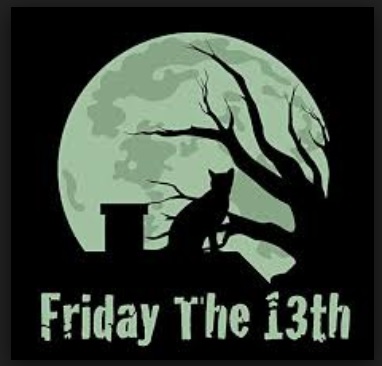On the subject of luck, it is not Friday the 13th that is considered an unlucky day in Mexico but Tuesday the 13th (martes trece), unlike the U.S, and Canada where Friday 13th is the “bad luck” day par excellence.
That means that you can never be simultaneously unlucky in all three North American countries. Hence, on days when it is unlucky to do business in the USA and Canada, it will not be so in Mexico and vice versa.
Back in 2001, Mexicans had to survive three Tuesdays that fell on the 13th (February, March and November), whereas Anglos had to cope with two Fridays that fell on the 13th: April and July. In 2002, it was a better time to be in Mexico since there was only one martes trece in the calendar (in August), compared with two Fridays the 13th, in September and December.
In 1995, Finland dedicated Friday the 13th as National Accident Day. According to the Finland Times, “Accident day will be celebrated today in the country to create awareness about safety in workplaces.”
In England, a notably scary Friday the 13th occurrence happened on Friday, September 13, 1940, when Buckingham Palace was hit by five German bombs, nearly killing King George VI and Queen Elizabeth.
Much like many Western countries, the French regard Friday the 13th as a day of bad luck. They also dislike the number 13 in general. They dislike it so much that they believe sitting 13 to a table invites bad luck their way.
Alike Mexicans, Greeks consider Tuesday the 13th to be a day of misfortune for historical reasons. In Greek history, Tuesday, April 12, 1204 was the day Constantinople fell for the first time. It fell again on a Tuesday, May 29, but in the year 1453. If you add 1,4,5, and 3 you get…13
Happy Friday 13th!
Source: www.thedailymeal.com



